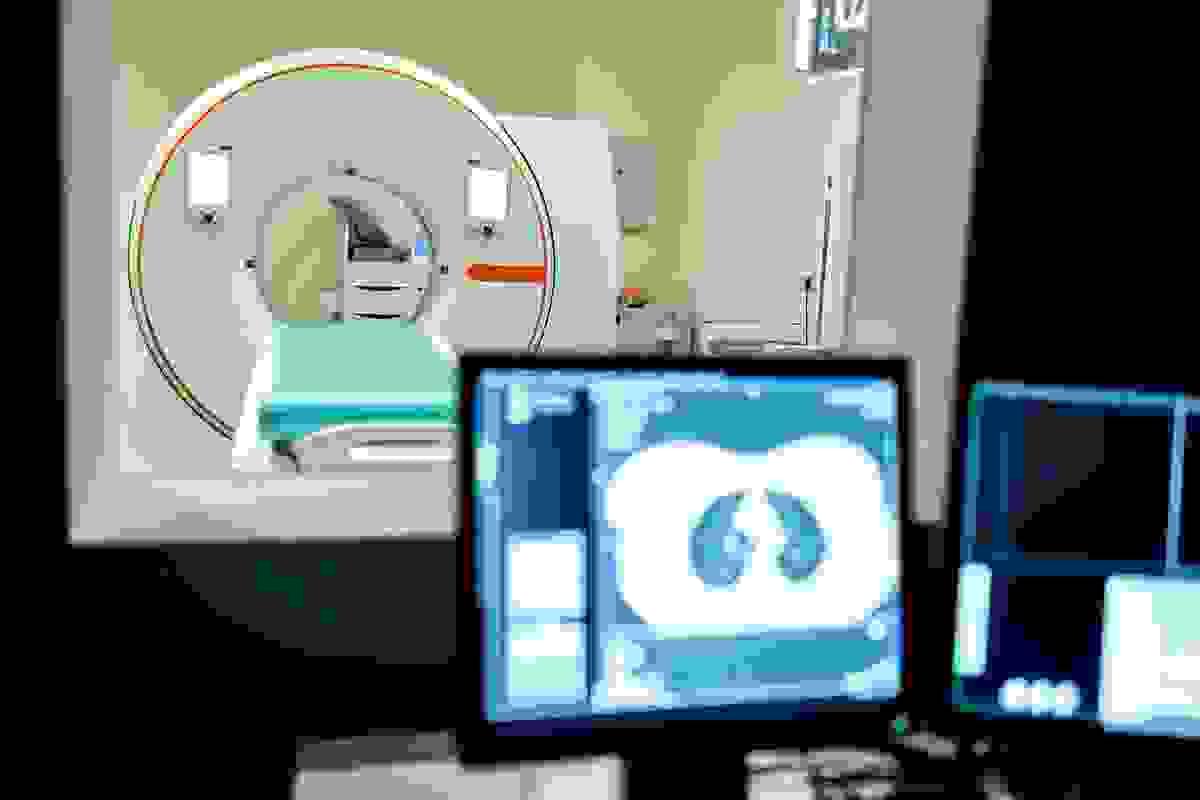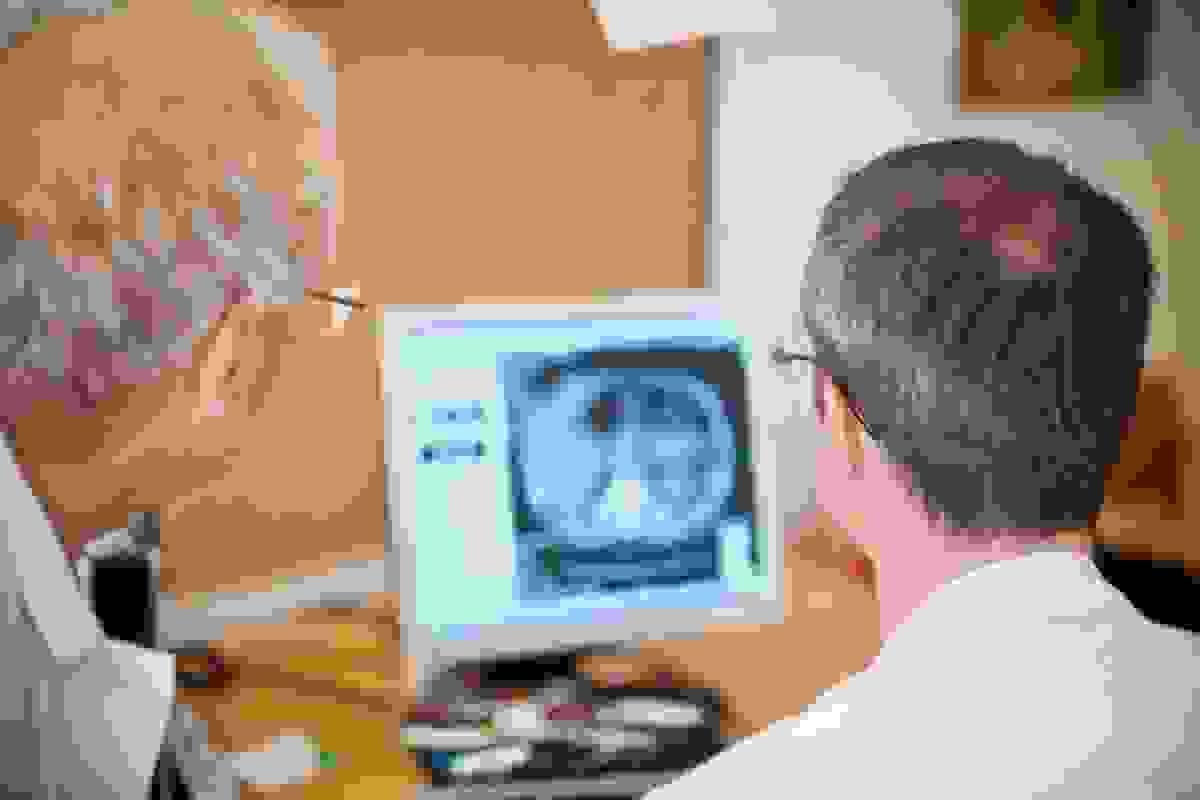
If you’re over 50 and a
long-time smoker, here’s your chance to help save lives.
(Starting with yours)
Scans Save Lives
"Lung cancer screening is among the greatest missed opportunities to reduce lung cancer mortality throughout the U.S."
Sidney Devins, MD, Pulmonology & Principal Investigator

Lung cancer is the leading cause of cancer death for both men and women in the United States, killing more people than breast, colon, and prostate cancers combined.1

Today, only 2-16% of eligible individuals are currently receiving screening.2 Ideally, low-dose CT screening would be as commonly known as mammography and colonoscopy for breast and colon cancer screenings.

Studies show that a quick, painless low dose CT lung scan every year saves lives by catching lung cancer at an early stage when curative treatment options exist.3
Sources:
1) The American Cancer Society
2) Lung Cancer Screening Uptake in the United States, Chest 2020
3) Low-dose CT screening can catch lung cancer early - but most people overlook it, UCLA Health
Connect with a Provider

Quintin Cokingtin, MD Pulmonology

Sidney Devins, MD Pulmonology & Principal Investigator
Simply fill out the form below to connect with an Ascentist Pulmonology specialist. An Ascentist scheduler will contact you within 24 hours to set up a consulation and answer any questions.
Name *Phone *EmailOr call us at 816-912-4073
Join a Study
You Can Help Us Find New Ways to Screen for Lung Cancer Early
You may also be eligible to help others by joining our important study to develop tests to screen for lung cancer in its earliest and most treatable stages.
If qualified to participate, you will receive up to $250 for completing the study. Participation as simple as having a standard blood draw prior to your upcoming CT scan.

Copyright 2024, Aton Holdings, Inc. All rights reserved









